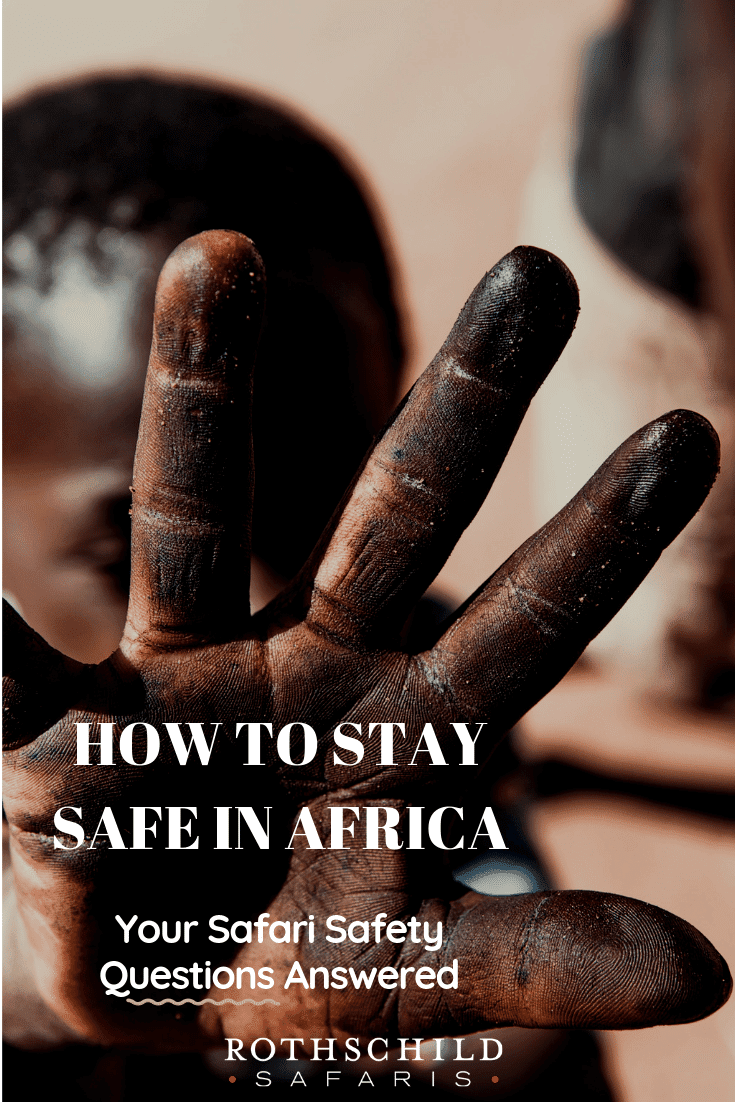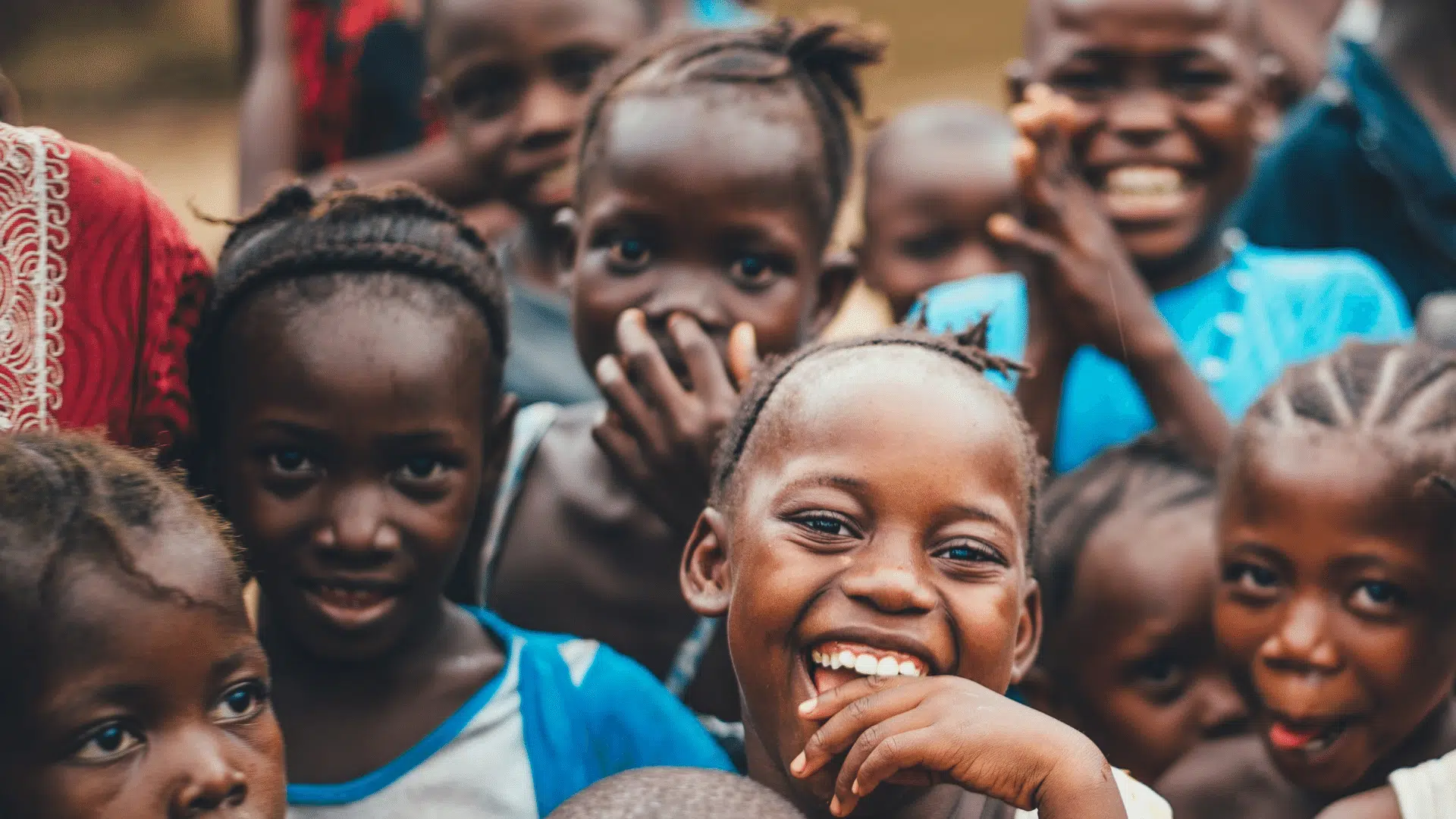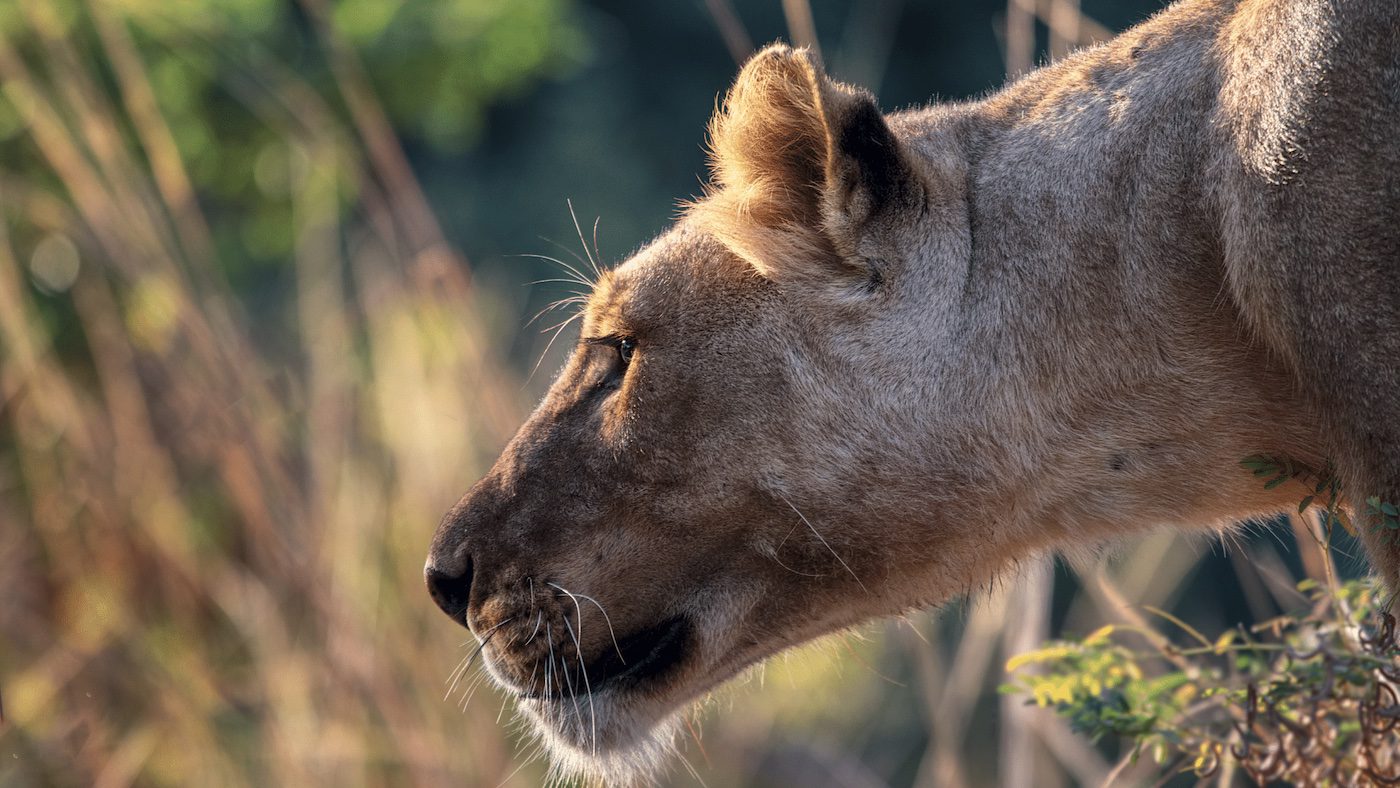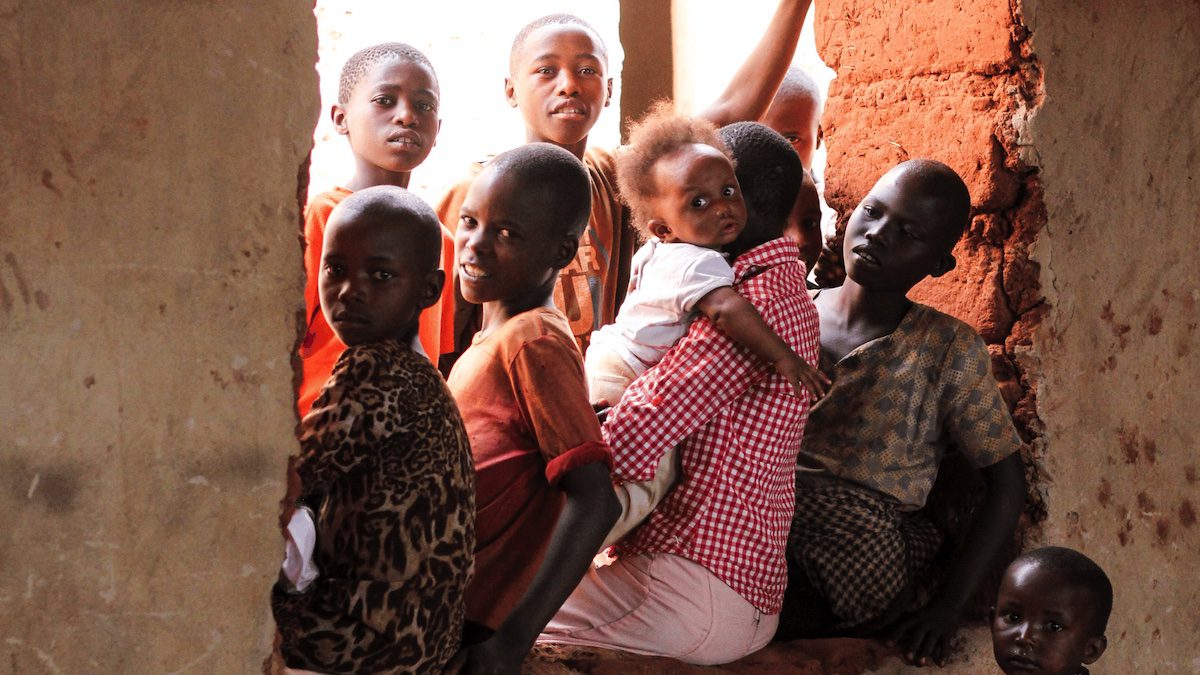 Is the rewards of a safari worth the risk of traveling to Africa?
Is the rewards of a safari worth the risk of traveling to Africa?
We investigate!
Africa is bigger than Canada, the USA, and China together… and, it has more countries than any other continent.
With 54 sovereign states comes a colossal helping of diversity. Differences between countries abound, but many destinations also boast a range of cultures within one country – and that isn’t the entire story. An incredible variety of experiences and landscapes keep even the most adventurous of traveler on their toes.
There is no fear of boredom in Africa.
However, the lack of one problem inevitably leads to the creation of another. Everything that makes Africa the most exciting continent on earth also contributes to the region being famous for conflict, crime, natural disasters, and health hazards.
 © Annie Spratt – unsplash.com
© Annie Spratt – unsplash.com
About your Safety in Africa
Almost every traveler who visits Africa will do so safely. Of course, when your trip is designed and planned by a professional expert, the odds are forever in your favor.
Travel Designers know the essential travel tips for Africa.
Exactly where the conflict begins, ends… and maybe most critically – when a new problem may pop up. In Africa, we steer completely clear of a closely monitored list of countries we consider too risky to travel to. Currently, the Central African Republic, Sudan, Somalia, and Libya, as well as areas of Mali and Mauritania, are all in our No-Go Zone.
They also have a handy list of Common Sense rules for safe travel in Africa including:
– Don’t carry much cash, don’t keep your wallet in a back pocket and use your money discreetly in public. Petty crime is a much bigger problem than serious crimes committed against tourists in Africa.
– Be aware of your surroundings (this is less pressing when a trusted guide accompanies you).
– Don’t flash expensive jewelry and equipment.
– Err on the side of caution if an attacker attempts to snatch something from you. Never risk being injured by trying to confront anyone.
© Sweet Ice Cream Photography and Harshil Gudka – unsplash.com
A Visa and Travel insurance
If you don’t have a professional travel planner, you can check if you need a visa here.
West Africa, East Africa, Southern Africa, and Central Africa have custom unions that make traveling through several countries easier.
It is vital to ensure that you have complied with all regulations whenever you travel to an African country. Both language and cultural barriers will come into play and hamper attempts at extricating yourself from a tricky situation.
Travel insurance is not an optional extra in Africa. This applies for medical problems in particular but also in case of theft and other nuisance and mischief.
The advice we give our Friends and Family when they visit us in Africa
Our African Sun is not your friend.
While sunburn and sun damage can undoubtedly have dire consequences, the more pressing and popular problem we warn everyone to avoid is sunstroke.
Malaria in Context
Malaria remains a significant problem throughout Africa. However, the disease is reasonably uncomplicated and relatively inexpensive to avoid and very treatable if it is diagnosed early, and proper medical care is given.
Only the female mosquito has a blood meal to feed her eggs. As mosquitoes sip feed (when they are disturbed from sucking the blood out of one person they move to the next) they are useful vectors for malaria – and a variety of other diseases.
If you wear long-sleeved shirts and trousers (especially at dusk and dawn),
avoid perfume, dark-colored fabrics, and stagnant water, also, use effective insect repellent you will be able to steer clear of most mosquito attacks.
Fun fact: They will also pick a universal donor (Blood Type O) almost twice as often as Blood Type A.
All of this is what you will regularly read about malaria.
There are two further points (mentioned less frequently) to consider with great care:
1. Side effects from malaria prophylaxis can be harsh – please do discuss these carefully and in detail with your health professional. Know what to look for and what to do if your preventative treatment causes you to feel sick on holiday.
2. Using prophylaxis can delay the onset of malaria by weeks or months. If you opt to take malaria prevention, please continue to mention the fact that you have traveled to a malaria area, should you feel ill for at least a year after your return. Again: Malaria is exceedingly treatable, but success depends greatly on early diagnosis and speedy administration of appropriate medication.
As they say… safety doesn’t happen by accident.


High levels of crime have never been a problem in Botswana. General common sense (keeping your valuables out of sight and secure) will usually suffice.
Whenever you take public transport, it is an excellent idea to negotiate the fare before commencing your journey.
As in many other countries, it is illegal to photograph people and objects connected to the government or military. Always ask before taking a photograph of anyone.
Do not even consider buying any animal living or dead without an applicable government permit. This includes horn, ivory, tooth, tusk, bone, claw, hoof, hide, skin, hair, feather, egg, or another durable part of an animal, whether the item has been treated or not.
 © Ian McGrory– unsplash.com
© Ian McGrory– unsplash.com
![]()
Almost all the crime in Zambia is usually opportunistic, and sensible travelers can avoid trouble easily. Civil strife across the Zambia-Congo border is generally very easy for travelers to prevent as they rarely travel to this area.
Extensive power cuts are a daily reality throughout Zambia (most tourist properties use a back-up generator.
As with other tsetse areas in Africa you will want to use an effective repellent to prevent the stinging bites.
 © Atlas Green – unsplash.com
© Atlas Green – unsplash.com
![]() Tanzania is easy going and mostly a safe country. Basic common sense should do the job here:
Tanzania is easy going and mostly a safe country. Basic common sense should do the job here:
Avoid isolated public areas.
Only use official transport and taxis.
Contribute to humanitarian causes through registered and established agencies.
In tourist hotspots, touts can be pushy. It is a good idea to try not to look like you have just arrived. So do not bargain with your cash on show.
Keep valuables safe and when you drive around, busy public areas, keep your bags on the floor and the windows closed.
 © Amar Yashlaha– unsplash.com
© Amar Yashlaha– unsplash.com
![]()
The fourth-largest island in the world remains wild and undeveloped. Crime rates are low in Madagascar, but visitors should avoid all protests, demonstrations, and political gatherings. Do not use bush taxis and avoid traveling at night.
As you travel, it is sensible to keep your vehicle locked with windows rolled up, and bags tucked out of sight.
Take precautions against petty crimes and don’t travel alone to public beach areas.
 © Graphic Node – unsplash.com
© Graphic Node – unsplash.com
![]()
This vast country is sparsely populated and very safe. Crime is on the rise, but once again, a travel guide for Namibia is heavy on a little common sense.
Please do not fall for the palm-ivory seller who will approach you and try to sell you a nut with your name carved on it for four times the going rate. Also, be aware of one person distracting you while another one steals something from a back seat.
Steer well clear of the prohibited diamond area or Sperrgebiet (Forbidden Zone) that is patrolled by overzealous patrols.
Never use the euphorbia plants branches to make a fire or cook food as it releases a deadly toxin when burnt.
 © Ivars Krutainis– unsplash.com
© Ivars Krutainis– unsplash.com
![]()
One of the safest countries in East Africa, serious crime aimed at travelers is scarce.
Kigali is a big city, and while it is very safe, you should not take unnecessary risks.
Don’t take photographs of anything connected with the government or military.

© Hanna Morris– unsplash.com
![]() Mozambique is a relatively safe place, and travelers rarely experience any problems. Petty theft and robbery can be an issue in the cities and public areas, and it is advisable to keep car doors locked with the windows up and valuables out of sight.
Mozambique is a relatively safe place, and travelers rarely experience any problems. Petty theft and robbery can be an issue in the cities and public areas, and it is advisable to keep car doors locked with the windows up and valuables out of sight.
Avoid walking in deserted public areas, especially at night. If you are accosted, it is generally safer not to resist.
Always be friendly and courteous to the police.

© Martin Bekerman– unsplash.com
![]()
Crime has reduced significantly in Uganda, and the number of visible police have increased. Acts of violence are rare. Pick-pocketing and other petty or opportunistic crimes are what you should consider in large cities with many poor and unemployed people.
Ugandan roads are poorly maintained, inadequately marked and poorly lit. It is a hazard driving around during the day, and the situation deteriorates further at night.
The porous borders are difficult to police and pose a potential risk due to a robust flow of illegal trade and immigration.
Rapid-onset disasters from short-term food security to flash floods, infectious disease outbreaks, and political conflict occasionally arise.
In Uganda, visitors should limit the cash they carry and keep valuables safe.
 © Alex Radelich– unsplash.com
© Alex Radelich– unsplash.com
![]()
English is an official language in the fastest developing country in East Africa. Street crimes are common in Kenya, especially in the cities of Nairobi and Mombasa, where criminals commonly carry weapons and cooperation is recommended. It is quite possible to enjoy your visit when your advice and travel tips for Kenya come from a trusted travel expert. You may have heard of kidnappings in Kenya, but these usually only occur near the border with Somalia.
Travel advice for Kenya must include the fact that self-drive holidays or using public road transport is not advised.
Flooding can be a concern during the rainy season, and transportation and communication may be disrupted.
 © Sutirta budiman– unsplash.com
© Sutirta budiman– unsplash.com
![]()
South Africa can often be found in violent crime statistic round-ups. Yet, many hundred thousands of visitors travel to the country and return entirely safely.
Consider the tremendous poverty and you will immediately know that your common sense meter should be cranked up a notch or two… especially if you have occasion to find yourself in the CBD after dark.
It is not advisable to travel around South Africa without a reputable operator to guide you. Crime levels fall dramatically in game reserves.
Wherever you go – do not flash your cash and keep valuables safely stowed out of sight.
Always follow advice from your guide on safari to avoid any danger from the wild creatures on your travels.
 © George Brits– unsplash.com
© George Brits– unsplash.com
![]()
This country is not in Africa but we thought we would include it to show where it would have appeared in this list in the interest of perspective.

©Sam Loyd– unsplash.com
![]()
Zimbabwe is still experiencing crime, and civil unrest and local police resources are extremely limited. Violent crime is common.
Having said that, a reputable travel expert will know many excellent properties that are very safe and will avoid political rallies, demonstrations, and crowds.
 © Christine Donaldson– unsplash.com
© Christine Donaldson– unsplash.com
The Rothschild Safaris knowledge and support, our accessibility during your travels, and the trusted partners we use all play a role in allowing access to incredible experiences in the safest possible way.
Be aware and make informed choices. On our safaris, the incredible rewards far outperform the risk in traveling far from home.
For all the latest and most current travel advice do consult one of the following:
Australia
Canada
UK
New Zealand
US
The decision to travel is your choice, and you are responsible for your personal safety abroad.
The content on this page is provided for information only. While we make every effort to give you the correct information, it is provided on an “as is” basis without warranty of any kind, express or implied. We can’t assume responsibility and will not be liable for any damages in connection to the information provided.



